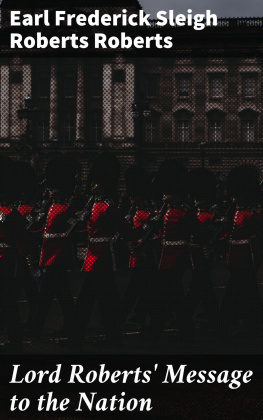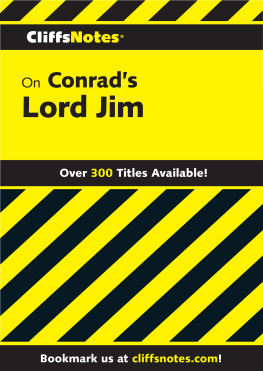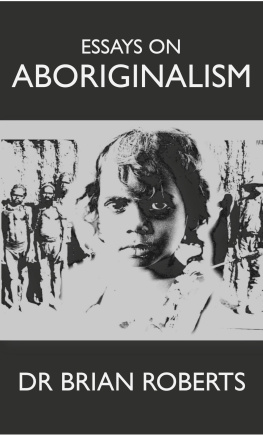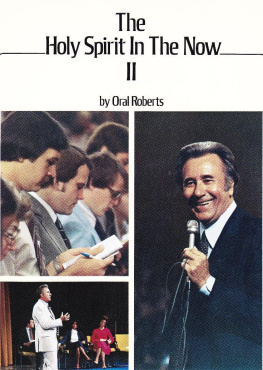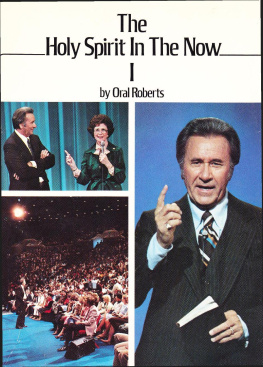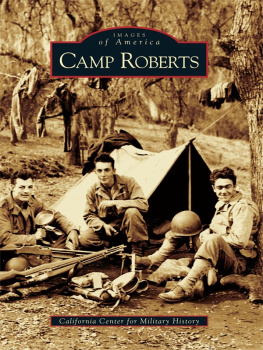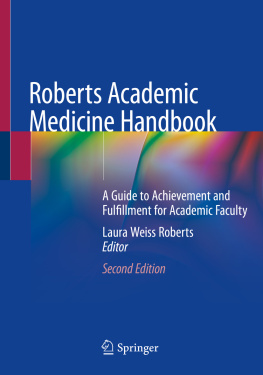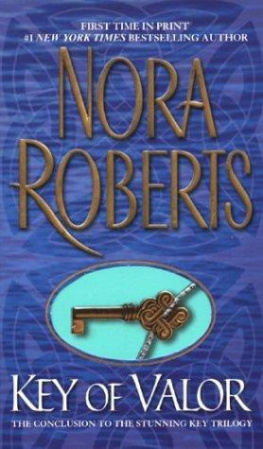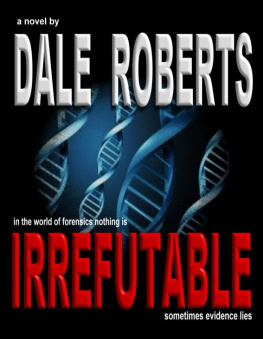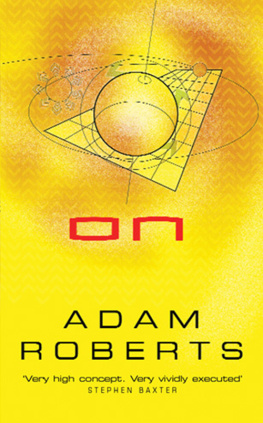LORD ROBERTS' MESSAGE
TO THE NATION
BY FIELD-MARSHAL EARL ROBERTS
V.C., K.G.
LONDON
JOHN MURRAY, ALBEMARLE STREET, W.
1912
CONTENTS
PART I
PEACE AND WAR
PART II
THE TERRITORIAL FORCE
PART III
THE NATIONAL SERVICE LEAGUE AND WORKING MEN
PART IV
TERRITORIAL OFFICERS AND THE PRESENT CRISIS
INTRODUCTION
My recent speech in Manchester has been so widely discussed, and, in certain quarters, so gravely misrepresented or misunderstood, that, in the interests of the cause which I there defended, I am impelled to place before the public a complete text of that speech with such notes and supplementary matter as seem necessary to make my meaning unmistakable except to faction or to prejudice.
No one who has followed with attention the efforts of the National Service League has any right to imagine that we desire a strong army solely in order to invade the territory of European or more distant States; or that we wish to root out the Territorial Force in order to establish in its place an army system modelled on the army system of Germany; or, again, that we have the ambition of resuscitating once more medieval blood-lust, anarchic plunder, and delight in war!
What, then, are our aims?
We desire, in the first place, that all patriotic men within this Empire should be made to see and to feel that from one cause or another England, by neglecting her armaments, has drifted into a position which it is impossible to describe otherwise than as a position of danger. We desire further that all patriotic men should, without either insincerity or delay, put to themselves the questions: How are we to arrest that drifting, and how are we to evade or overcome that danger? And, in the third place, with regard to foreign nations or empires, our ambition is simply that States well-disposed towards us, whether near or distant, may have it in their power to mix with their friendliness respect, and with their goodwill esteem.
In the following pages I have stated in brief the solutions of these problems which, after some experience of peace and war and after some deliberation not free from anxiety, I have come to look upon as the only workable solutions, as the only solutions consonant with our honour and our continuance as an Empire.
And in view of the discussion and criticism which this speech has provoked, and still provokes, I may be permitted to add, that, in whatever I have said in this speech as in other speeches, I have had in sight but one purposethe good of this nation and the safety and greatness of this Empire. It is for my fellow-countrymen to judge between me and those who, during these past few weeks, have willingly or unwillingly misinterpreted my purpose or misstated my words. It is also for my countrymen to decide upon a far mightier issue; for in this self-governed, free, and democratic State of England it is for all its citizens to assert whether, in this matter of war and preparedness for war, they shall face the facts, resolute to see things as they are, or whether they shall continue indifferent to the history of the past and obstinately blind to the warnings of the present, even to such beacons as are now aflame on every hill from the Balkans to the Dardanelles!
And I appeal above all to the young men of this nation, to our young men of every rank and social status, to the young men of every trade and profession and calling of any kind; for it is they who, in victory or in disaster, will have to meet the consequences of this tremendous decision. It is they, in a word, who now are England.
Young men, young men of British birth, is it possible that you can shirk the issue, that you can fail to hear, or that, hearing, you can fail to respond to your country's summons, to the memories of the past, to the hopes of the future?
LORD ROBERTS' MESSAGE TO THE NATION
PART I
PEACE AND WAR
A SPEECH TO THE CITIZENS OF MANCHESTER,
OCTOBER 25, 1912.
MY LORDS AND GENTLEMEN,
This is only the second occasion in a long life on which I have had the privilege of speaking in your city; and it is with no inadequate sense of the value of that occasion and of the responsibility attaching to the position which, for the past ten years, I have taken up towards this Empire and its armies that I come before you this afternoon. For in the upbuilding of that Empire what city in our dominions has taken a more conspicuous part than this city, made illustrious almost since its foundation by commercial enterprise and by its political sagacity and spirit in affairs? In the eighteenth century your merchants aided the designs of the elder Pitt, and of the statesmen who followed him, in founding that power in India and the East which to-day is the envy and the admiration of the nations. In the nineteenth, within my own memory, your city, under the unforgotten leadership of John Bright, Richard Cobden, and Milner Gibson, gave a great watchword[] to a great and still living party, and by its resolute effort forced through Parliament the repeal of the Corn Laws, one of the most momentous and revolutionary measures in this nation's history.
Nor, in more recent times, has Manchester abated her zeal or her vital energy in every phase of English political life. The greatest, most temperate, and statesmanlike Liberal newspaper in England is night by night printed within your walls; so that, at least in one phase of our national life and amongst one group of our fellow-citizensthe Liberal party, that is to sayit is literally true that what Manchester thinks to-night London thinks to-morrow. And a certain election the other day, and the overflow meetings which, I understand, have been held in favour of Tariff Reform within the sacred precincts of the Free Trade Hall itself, give a further proof that here in Manchester you are not petrified in your opinions, but that the stream of your political life flows fresh and from the fountain-head.
Judge then, gentlemen, whether it was not with some concern that I looked forward to this occasion; judge whether it was not with some searching of the heart that I reflected upon what I have this afternoon to say to you. For does it not appear at first sight as if what I have to say is not merely antagonistic to the teaching of the two greatest names of the Manchester School, John Bright and Richard Cobden, but is in every way the contradiction of the characterizing ideas and the traditions associated with this city itself?
For I come before you to-day to advocate the necessity of National Service; to affirm once more that the "Nation in Arms" is the only worthy and sure bulwark of this Empire and these islands.[] Cobden, on the other hand, has left it on record that he considered it the glory and the exceeding great reward of all his labours that he had contributed, in however small a degree, to that universal disarmament of Europe, which, he sanguinely hoped, would be the result of Free Trade and of expanding commerce and the organization of labour. And John Bright, his great colleague, in one speech after another, added the lustre of his eloquence to that same high and flattering anticipation. I can remember easily the ardent and sympathetic reception which those anticipations met in the France of Louis Napoleon; I can remember also the added weight which France's enthusiasm gave to those happy anticipations here in England. War, indeed, seemed at an end. To-morrow, it seemed, we should be turning our barracks into granaries and our arsenals into banking houses.
Gentlemen, I am, I trust, doing no wrong to the memory of these statesmen when I point out that in the very yearsnay, in the very monthsthat they were cherishing these illusions of peace and universal disarmament, in those very months the mightiest and most disciplined force that this earth has ever contained was silently being drilled in that wide region from the Rhine to the Elbe and the Oder, and from the North Sea to the Bavarian frontier, until, the right hour having struck, that army disclosed itself in all its prodigious and crushing mass and in all its unmatched capacity for destruction and war. And, amid those auspicious dreams of peace, for what was that army being trained? Koeniggrtz, Metz, St. Privat, and Sedan are the answer. Nor did that army pause until upon the ruins of the Empire of the third Napoleonupon the ruins, I may say, of France, unprepared in peace, and in war scattered and dismayedit had reared a new Empire, the Empire of William I., of Frederick I., and of William II., for whose personal character, noble and imaginative patriotism, and capacities as a ruler, I yield to no man in my admiration. Such, gentlemen, was history's ironic comment upon John Bright's and Richard Cobden's eloquently-urged enthusiasm. Let me not increase by any word of mine the crushing weight of Destiny's criticism.

